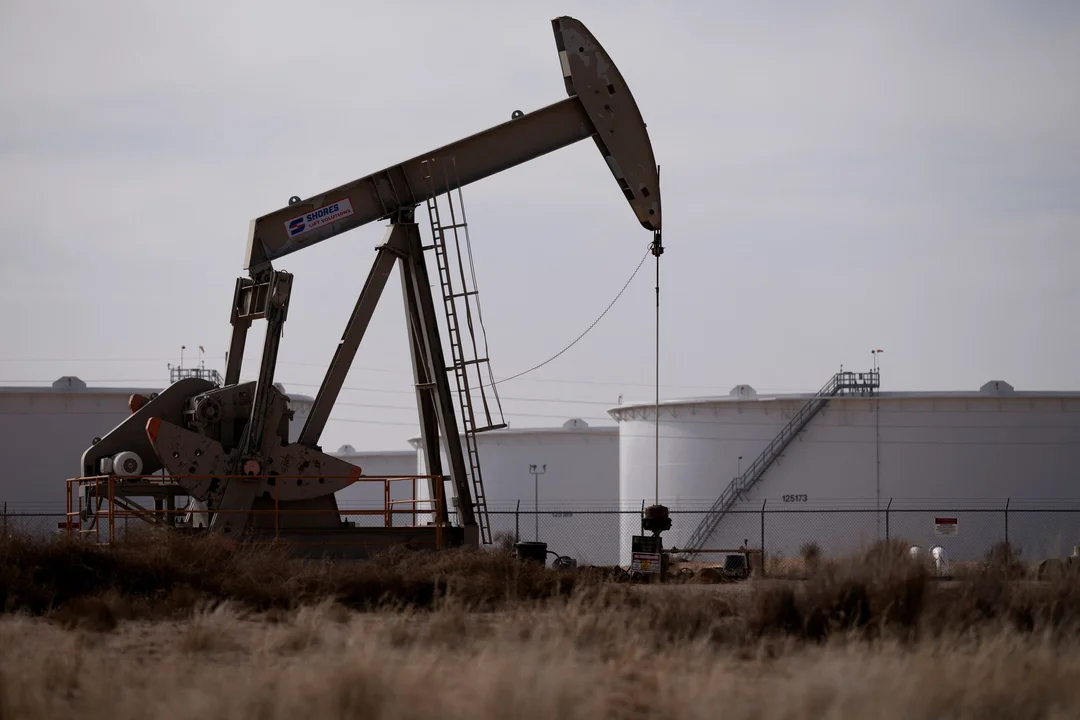
Oil Prices Plummet Amid U.S.-China Trade War
Oil prices have experienced their most significant five-day drop since 2022, plummeting nearly 4% as the U.S. initiates a 104% tariff on Chinese goods. This drastic decline in oil prices is part of a broader commodities slump, exacerbated by the intensifying trade war between the U.S. and China. The imposition of these tariffs has led to a sharp decrease in global energy demand, further eroding the market as economic slowdown fears mount.
The trade tensions have not only affected oil but have also caused a plunge in metal prices, signaling widespread concern over the stability of global trade. Analysts are closely monitoring the situation, as the ripple effects of these tariffs could have long-lasting impacts on the global economy. The oil market, in particular, is feeling the strain, with prices sinking below $60 per barrel, a level not seen in recent months.
As the trade war continues to escalate, stakeholders in the energy sector are bracing for more volatility. The situation underscores the interconnectedness of global markets and the significant influence that trade policies can have on commodity prices.
Related issues news
Why is oil falling?
The oil demand is responding like it would during any economic downturn. 'On the demand side, the tariffs and the recession fears, etc, show a weaker economy, and that means suppressed demand for oil,' said Morgan Bazilian, who directs the Payne Institute for Public Policy at the Colorado School of Mines.
What is a global trade war?
A trade war is an economic conflict often resulting from extreme protectionism, in which states raise or implement tariffs or other trade barriers against each other as part of their commercial policies, in response to similar measures imposed by the opposing party.